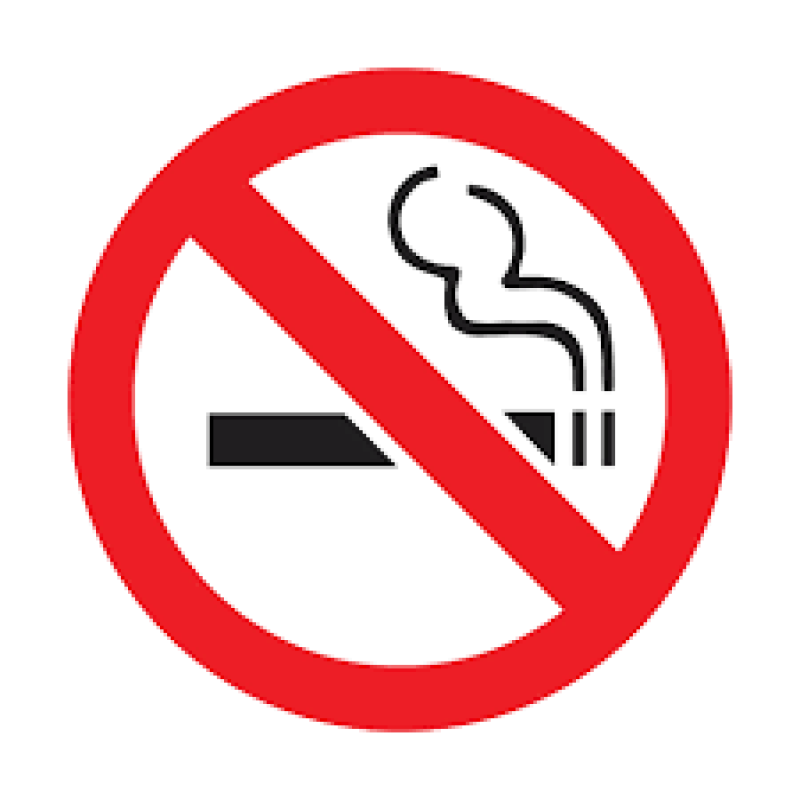- Intimidation or bloodshed cannot halt Bangladesh’s march to democracy |
- Khaleda Zia integral to an important chapter in BD history: Yunus |
- Enthusiasm marks Victory Day celebrations across Bangladesh |
- Dhaka-Delhi ties deep; to be shaped by trust, dignity, mutual respect |
- EU deploys election observation mission to Bangladesh |
Cigarette filter, vaporiser ban urged to end plastic pollution

Campaign against tobacco consumption.
Dhaka, Mar 6 - PROGGA (Knowledge for Progress), a research and advocacy organisation as well as a member of Stop Tobacco Pollution Alliance (STPA), has written a letter to the Ministry of Health and Family Welfare and the Ministry of Environment, Forest and Climate Change, urging the ministries to work together in banning cigarette filters and vaporisers to address plastic pollution.
The letter upheld a landmark decision on the implementation of Article 18 (Protection of the Environment) adopted by the 183 Parties to the WHO Framework Convention on Tobacco Control (WHO FCTC) Conference of the Parties (COP10), held on February 10, 2024.
WHO has recommended an immediate ban on cigarette filters and vaporizers as they are “unnecessary, avoidable and problematic, single-use plastics that are widely spread in the environment, killing microorganisms and marine life, as well as polluting oceans”. Several Parties have already taken initiatives in terms of banning disposable vapes (Australia, UK), taxing the tobacco industry (Benin, Chad and Gambia), and calling for a ban on cigarette filters (Belgium, Netherlands).
On the issue of tobacco's toxic impact on the environment, ABM Zubair, Executive Director of PROGGA (Knowledge for Progress) said, “On average, a staggering 71 billion cigarette filters are tossed into the environment each year in Bangladesh. Cigarette filter takes more than a decade to degrade and release more than 7,000 chemical substances in the process. To tackle plastic pollution, the government should ban the use of cigarette filters and vaporizers.”
Bangladesh is a party to the WHO FCTC, which provides global regulatory mandates relating to tobacco control. In order to shape the Revised Zero Draft Text in the upcoming INC4 negotiations on April 23-29 2024, to develop a plastic pollution treaty PROGGA stressed the need for a closer collaboration between the two concerned ministries to ensure that cigarette filters and disposable vapes are recognized as problematic and avoidable plastic products that should be banned.
Additionally, it was urged to classify cigarette butts as hazardous plastic waste, and prevent/avoid tobacco industry implementation of Extended Producer Responsibility (EPR). - UNB

